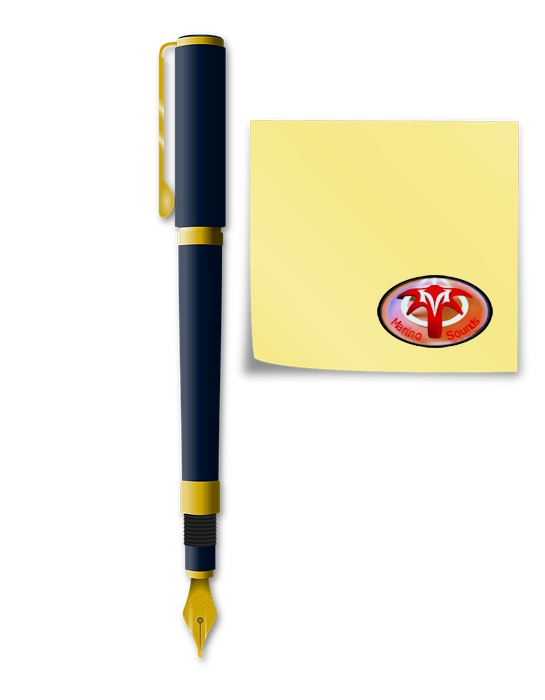Production music is created and recorded with the explicit purpose of being selected in media such as TV and videos. This type of music can be licensed from various libraries that hold the copyrights to the music. Typically, the production music library grants licenses for this music. The fees for licensing this type of music can be either very affordable or rather expensive, but usually, it depends on the size of the audience that will be listening to the music.
Media producers can easily license the creation of music. Typically, music production libraries can offer a variety of accessible music choices, and each of these tracks is licensed at a fair cost. The sizes of music libraries can range from a limited number of tracks to countless thousands of tracks in their catalogs. Some of the largest music libraries have been in circulation since the early 20th century. These libraries are owned by major music companies like EMI, Sony, and EMI, and have also become a significant part of the financial side of the larger music industry Marketing and Music: Any Song Can Become Famous? - Today let's dive into a topic that's been buzzing around a lot: the relationship between marketing and music. We all know that marketing plays a massive role in the music industry, but does it actually hold the power to make any track a hit? Or does talent still stand a chance? First off, let's address… .
Music production libraries make their money through two methods. Sync fees are one source of revenue, and performance royalties are the other source of revenue. These licensing fees are paid by media producers, allowing them to incorporate part or all of the music into their multimedia creations. The fees primarily depend on the nature of the project and are usually determined by the scale of the audience and the duration of the music’s playback in the creation.
Production music is sometimes known as library or stock music. One popular form of production music is royalty-free music. Licenses for royalty music libraries can cover synchronization licenses. However, most importantly, it is much simpler and only requires a one-time fee for continuous usage.
Due to the method in which royalty-free music is licensed, media producers can retain a significant amount of revenue by utilizing it. Royalty-free music provides an alternative to conventional music licensing fees for production. The fees for licensing music License Music? An important Measure for Media Experts - The contemporary world is filled with talented music aspirants who continuously strive to make a lasting impression in the music industry. Some manage to showcase their talents and establish themselves in the business, while others, despite having similar abilities, fall behind. If you believe you possess hidden talents and deserve more recognition than established artists,… production can be quite expensive, which can make production budgets truly costly. Another advantage of royalty-free music is the fact that it is much easier to administer for the media producer since royalty-free music usually has a one-time license fee that covers the continued use of the music found in the project.
Traditionally, media producers would receive music from production music libraries on audio CDs. However, recently, this has begun to change with the advent of online platforms. Currently, media producers will listen to tracks from the online library and then download the music they need, as they have already arranged payment with the webpages for the licensing costs.
Production music is a form of royalty-free music that offers various advantages, such as a simpler and more cost-efficient licensing system. All that is required is a one-time license fee compared to license fees based on audience size and project form. This makes licensing the project’s music fast and convenient.
There are many benefits to using production music for media such as TV and film. It is readily available, specifically tailored for media, nearly every genre of music is accessible, and licensing is straightforward.
Manuel Marino is a seasoned Senior Producer, Music Composer, and Artist with over a decade of experience. He specializes in branded entertainment across various mediums, including video games, films, and advertising campaigns. With 20+ years as a game music composer, Manuel has worked on numerous platforms, creating diverse orchestral soundtracks. HIRE ME


 Manuel is a passionate, driven, and techsavvy AV technician,
Manuel is a passionate, driven, and techsavvy AV technician, 










